Lenovo Tech World 2019 explores future for intelligent transformation
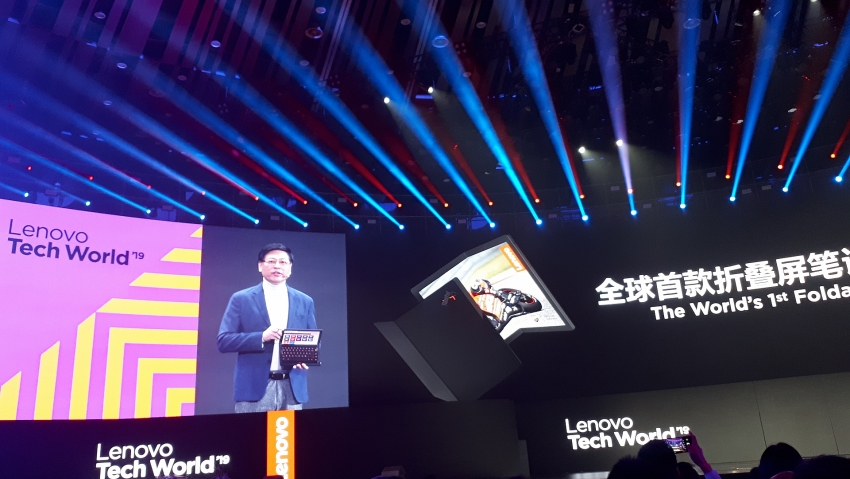 |
| Lenovo Tech World 2019 |
The annual event, which attracts thousands of partners, customers, and consumers, began with an impressive keynote from Yang Yuanqing, chairman and CEO of Lenovo Group, focusing on smarter life in a connected world.
“Over the past two years, we have been trying to imagine what a brighter future in the intelligent era will look like, and now – after all our hard work – we have truly entered the age of intelligence, where data intelligence is powering industry transformation at large,” he said.
According to the CEO, smart cities, smart transportation, smart retail, smart finance, and smart healthcare – these transformative technologies are enabling broader accessibility to the government and social services by ensuring that the services provided are equal and as efficient as possible.
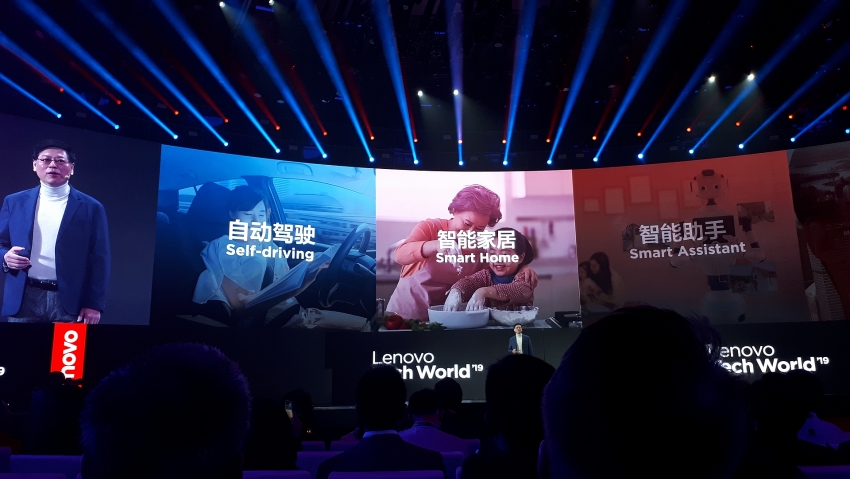 |
Focusing on a bold vision to deliver smarter technology for all, Lenovo is developing world-changing technologies that create a more inclusive, trustworthy, and sustainable digital society.
The Lenovo Tech World 2019 also impressed customers and partners with a number of new, smarter products for smart home and smart work, including 5G PC, Foldable PC, YOGA Book C930, Lenovo Personal Cloud Storage, and Lenovo One, and One Connect.
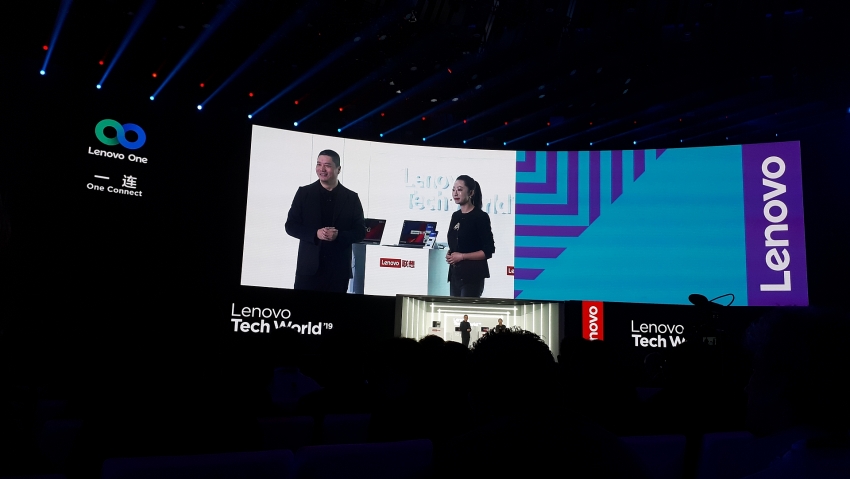 |
| Johnson Jia, senior vice president, Consumer segment and AIC, IDG, Lenovo Group |
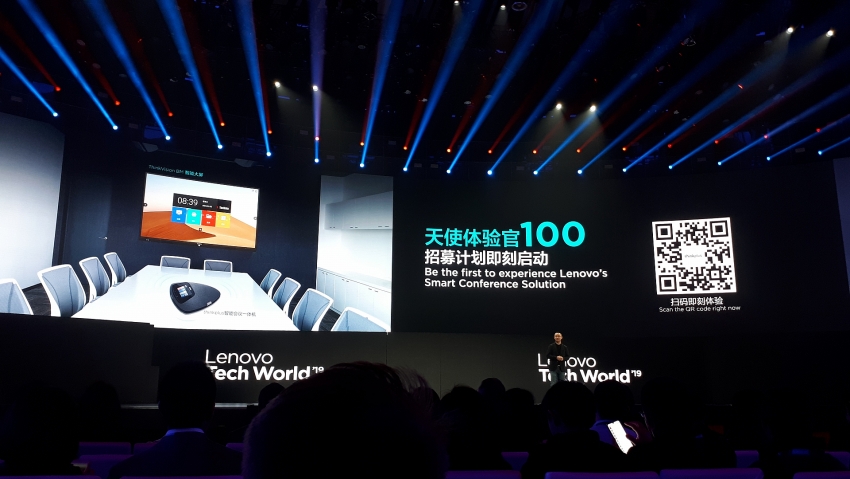 |
| Eric Yu, senior vice president and general manager, Global Small and Medium-sized Business Segment, Intelligent Devices Group, Lenovo |
Innovative technological journey
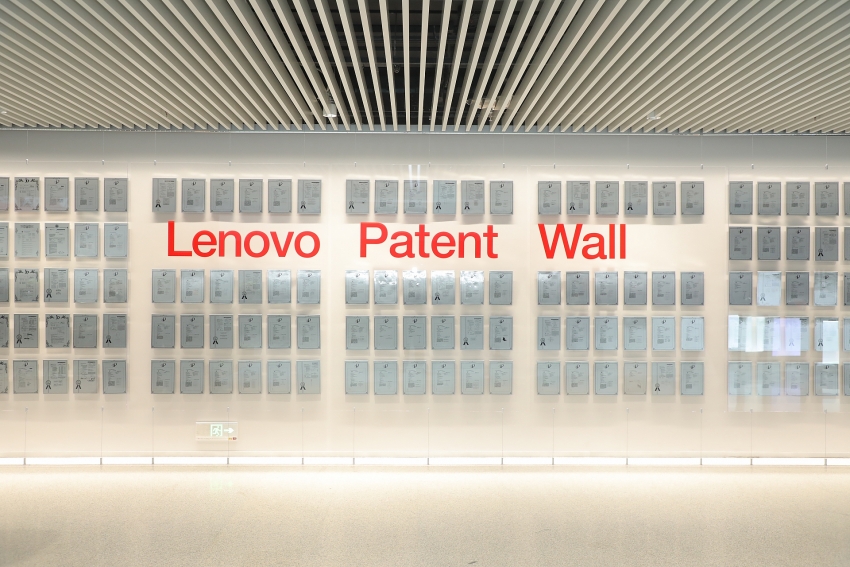 |
Lenovo has been vigorously promoting intelligent transformation through three key initiatives over the last few years: Smart IoT, smart infrastructure, and smart vertical. It is dedicated to becoming a leader and a key enabler and driver of intelligent solutions and the “Era of Data Intelligence”.
Smart IoT
The data it generates is the fuel and foundation for intelligent transformation. Lenovo has a broad portfolio of smart hardware products. It is striving to make existing devices, PCs, tablets, mobile phones, and others more intelligent. Its new devices are always on, can connect in real-time around the clock, and collaborate with other devices; they can interact through natural language and actively adapt to user needs. For example, in the insurance industry, tablets that were previously used for home entertainment have now become productivity tools for salesmen to generate and transmit e-orders.
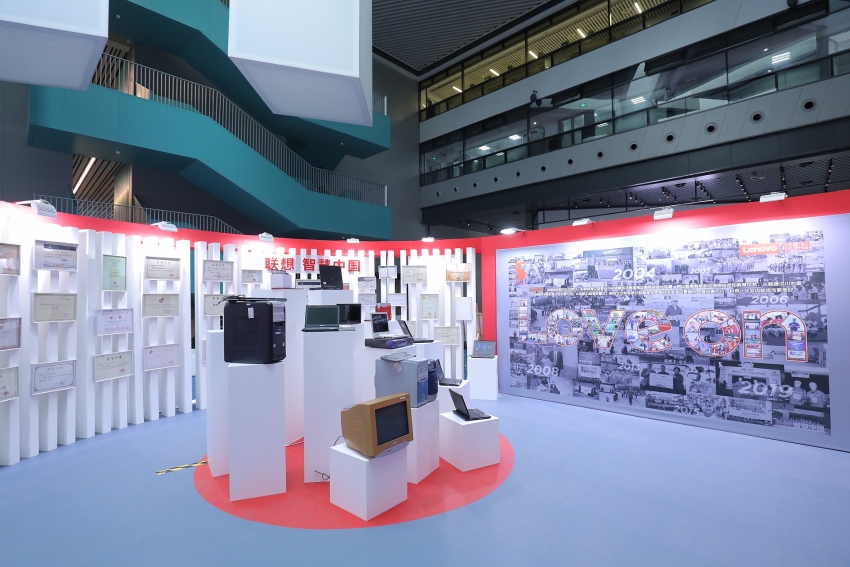 |
In addition, Lenovo is expanding its innovative commercial IoT offerings, covering scenarios such as smart manufacturing, smart cities, smart healthcare, smart retail, and smart education. These offerings include data acquisition sensors, data access gateways, and data computing modules, as well as one-stop IoT solutions based on vertical scenarios.
 |
| Smart home |
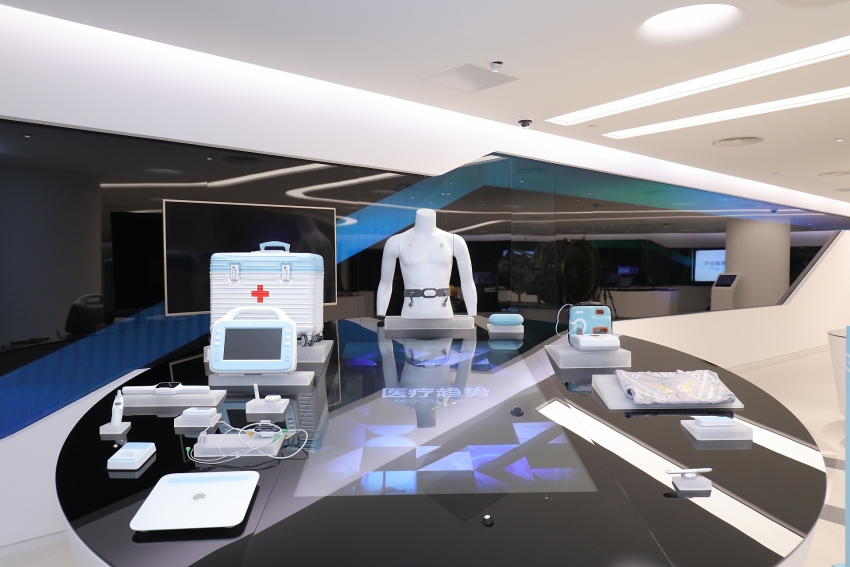 |
| Smart healthcare |
The data generated via these devices will constantly feed into IoT platforms and unlock new value through intelligent analytics.
Smart Infrastructure
Another of Lenovo’s initiatives revolves around Smart Infrastructure, which fuels intelligent transformation with computing power. Lenovo can provide an infrastructure that underpins end-edge-cloud-network synergy with a focus on end-edge, edge-network, and edge-cloud collaboration to meet industries’ need for computing power as they embark on smart transformation.
The rise of IoT has seen more and more devices capable of data collection connected to networks, generating a colossal amount of data. This huge change is driving businesses’ computing needs to move from back-end to front-end edge as low-latency smart algorithm processing is required to process the vast data, a shift supported by the proliferation of 5G technology. Lenovo boasts low-power, high-performance edge servers and edge computing cloud platform products that meet the demand for near real-time computing and real-time feedback for a diverse range of use cases including smart warehousing and smart security.
5G, which connects and co-ordinates end, edge, and cloud more closely than ever, is a catalyst for the development of many elements needed in intelligent transformation. It allows more devices to be connected to IoT and large-scale computing, analysis, and assessment to be performed at the edge in real-time. In addition, 5G also allows network infrastructure to be virtualised and software-based, achieving the integration of cloud and network and giving rise to network function virtualisation (NFV), which will drastically cut the cost of 5G buildout and enhance network flexibility.
Lenovo has for many years invested heavily in 5G and has applied for over 500 5G Standard Essential Patents. This group has not only taken the lead in releasing 5G PCs and 5G mobile phones but also established a Cloud Network Convergence Division that focuses on 5G network technologies and applications. In August, Lenovo signed an agreement with the Chongqing Municipal Government to invest in the construction of the 5G Cloud Network Convergence Headquarters in Chongqing.
Smart Vertical
If we compare the intelligent transformation of all industries to the construction of smart buildings, then smart IoT devices and smart infrastructure are the indispensable “building blocks”. In order to construct these buildings, however, we must create “architectural blueprints” based on clients’ pain points and business needs and then employ construction teams to use the various types of “building blocks” to complete the construction according to the plan.
Lenovo now has all the essential assets required for intelligent transformation. In addition to having the necessary “building blocks”, it is also endeavouring to become “designers” and “construction teams”, developing the blueprints that will drive the intelligent transformation of its enterprise clients.
Future intelligent transformation – Smarter Tech for All
Since its inception 60 years ago, AI has largely been limited to labs and has not become commercially available. The rapid intelligent transformation currently taking place across industries would never have been achieved without the advancement of the following three important elements: development of IoT, infrastructure, and advanced algorithms.
Development of IoT
Computer is now a legacy term. Computing will dominate the future. Increasingly, computing components will be incorporated in a variety of products that were previously not intelligent, thus creating new types of smart devices and sensors.
These instruments will generate massive amounts of data, which will then be integrated with internet data and information produced by digitalised enterprises. As such, they will engender tremendous industry-specific big data that will become the “fuel” for intelligent transformation.
Infrastructure
High-performance computing now provides much more powerful computing power. Cloud computing/edge computing delivers ubiquitous computing power, while 5G networks enable fundamental improvements the speed and capacity of data transmission. These advances combined will support computing power in the intelligent era, forming an “engine” for intelligent transformation.
Advanced algorithms
AI algorithms such as machine learning and deep learning can extract valuable information and knowledge by learning and analysing a mammoth amount of big data, thereby “turbocharging” intelligent transformation.
With data as the fuel and computing power as the engine, more effective decision-making outcomes and efficient business processes can be attained through big data tools and advanced algorithms, combined with the knowhow from all walks of life. This is what Lenovo calls “Data Intelligence” or “Industry Intelligence”.
“Data Intelligence” will empower the intelligent transformation of all industries. It is poised to serve as the “steering wheel” for industry transformation, bringing about an industrial revolution that will progress and benefit society and take the world into an exciting “Era of Data Intelligence”.
This market has great potential. According to a forecast from Deloitte, the global AI market is expected to grow at a compound annual growth rate (CAGR) of 30 per cent from 2017 to 2025. By 2025, the market is expected to exceed $6 trillion.
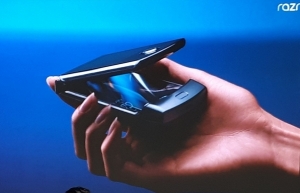 | Motorola’s evolution of iconic flippable cell phone RAZR comes to Asia Motorola Mobility LLC, a wholly-owned subsidiary of Lenovo, unveils an evolution of the iconic flippable cell phone that marked a generation: RAZR, a fashion icon ... |
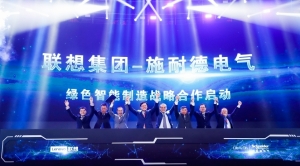 | Lenovo, Schneider Electric cooperate on smart green manufacturing Lenovo Group and Schneider Electric – the Fortune Global 500 companies – on November 14 announced a strategic partnership that will see the two working ... |
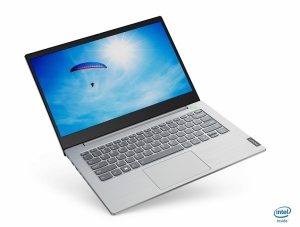 | Lenovo boosts footprint with new ThinkBook laptops for SMEs Lenovo, a $50 billion Fortune Global 500 company, on September 5 announced at Lenovo Tech Life the new ThinkBook 14 and 15 mainstream laptops designed ... |
What the stars mean:
★ Poor ★ ★ Promising ★★★ Good ★★★★ Very good ★★★★★ Exceptional
Related Contents
Latest News
More News
- PM outlines new tasks for healthcare sector (February 25, 2026 | 16:00)
- Ho Chi Minh City launches plan for innovation and digital transformation (February 25, 2026 | 09:00)
- Vietnam sets ambitious dairy growth targets (February 24, 2026 | 18:00)
- Masan Consumer names new deputy CEO to drive foods and beverages growth (February 23, 2026 | 20:52)
- Myriad risks ahead, but ones Vietnam can confront (February 20, 2026 | 15:02)
- Vietnam making the leap into AI and semiconductors (February 20, 2026 | 09:37)
- Funding must be activated for semiconductor success (February 20, 2026 | 09:20)
- Resilience as new benchmark for smarter infrastructure (February 19, 2026 | 20:35)
- A golden time to shine within ASEAN (February 19, 2026 | 20:22)
- Vietnam’s pivotal year for advancing sustainability (February 19, 2026 | 08:44)

 Tag:
Tag:
























 Mobile Version
Mobile Version